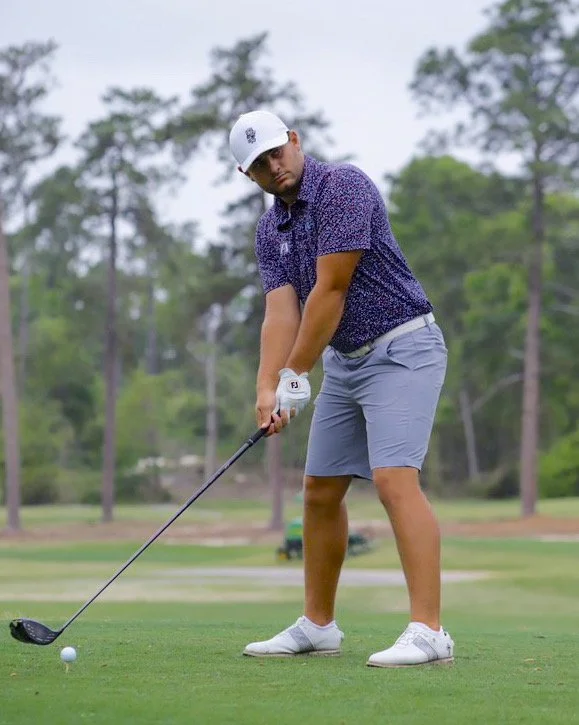McIlroy wins Masters in playoff over Rose, completes career slam; Reed finishes third
By Justin Gray | Sports editor
Rory McIlroy defeated Justin Rose in a playoff to win the 89th Masters Tournament on Sunday, April 13, at Augusta National Golf Club.
This was a story of perseverance, as McIlroy fought off the demons of the past to come out on top—and “fought” might be putting it lightly.
To tell the story, we need to go back to 2011, when McIlroy led the Masters by four strokes heading into the final round.
He shot a 37 on the front nine, only one over par, but then completely fell apart on the back nine.
On holes 10–12, he made a triple bogey, bogey and double bogey, completely derailing his chances of winning the tournament.
The Northern Ireland native finished the final round with an 80, leaving him in a tie for 15th place. The tournament was won by Charl Schwartzel.
Ever since, anytime the world’s No. 2-ranked player got close in Augusta, everything seemed to fall apart. He even missed the cut in 2021 and 2023, though he finished second in 2022.
In the 89th edition of the Masters, McIlroy again held a four-shot lead heading into the back nine on Sunday and seemed set on cruise control—until disaster struck. His approach shot after a layup on the par-5 Azalea (No. 13) bounced off the side of the green and into Rae’s Creek.
A few shots later, he tapped in for double bogey, then bogeyed the following hole. Just like that, his lead evaporated.
England’s Justin Rose, who led the tournament through the first two rounds, came roaring back to tie for the lead.
McIlroy, who is from Holywood, Northern Ireland, birdied holes 15 and 17, but a Rose birdie on 18 put pressure on him to par the final hole for the win.
He missed a putt for the win and bogeyed, sending the tournament to a playoff.
In a playoff at Augusta, players compete on holes 18 and 10 until someone wins a hole.
Both Rose and McIlroy hit phenomenal drives on 18, and Rose followed up with an approach shot that landed within 12 feet of the hole.
Then, history was made. McIlroy’s approach hit the slope on the green and rolled back within four feet.
Rose missed his birdie putt on the high side.
McIlroy stepped up, sank the four-footer, and dropped to his knees in tears.
At long last, McIlroy became a Masters champion, creating one of the most emotional and iconic celebrations in golf history. It felt like the weight of the world had been lifted off his shoulders.
As for Rose, he was left at the altar once again—for the third time in his career and the second by way of a playoff.
Finishing third was a familiar face for Augusta University supporters—2018 Masters champion Patrick Reed, a former Jaguar who led then-Augusta State University to consecutive NCAA Division I national titles.
It was Reed’s best finish since 2023, when he tied for fourth.
The win completed McIlroy’s career Grand Slam, making him just the sixth player in golf history to do so. The other five are Gene Sarazen, Ben Hogan, Gary Player, Jack Nicklaus and Tiger Woods.
To complete the career Grand Slam, a golfer must win all four major championships—the Masters, PGA Championship, U.S. Open and The Open—at some point in their career.
Jordan Spieth and Phil Mickelson are now the only two active golfers one major championship away from joining that exclusive club.
Now, we no longer have to wonder what could have been—because it’s been done. The greatest golfer of his generation has filled in the blank space on his mantle.
There are few golfers more deserving of donning the green jacket than Rory McIlroy.
Note: At the top of the page, Rory McIlroy hits out of a sand trap during the 2012 Abu Dhabi Golf Championship in the United Arab Emirates. (photo by Kalpana Ramgopal/special to the Bell Ringer)
Contact Justin Gray at jusgray@augusta.edu



